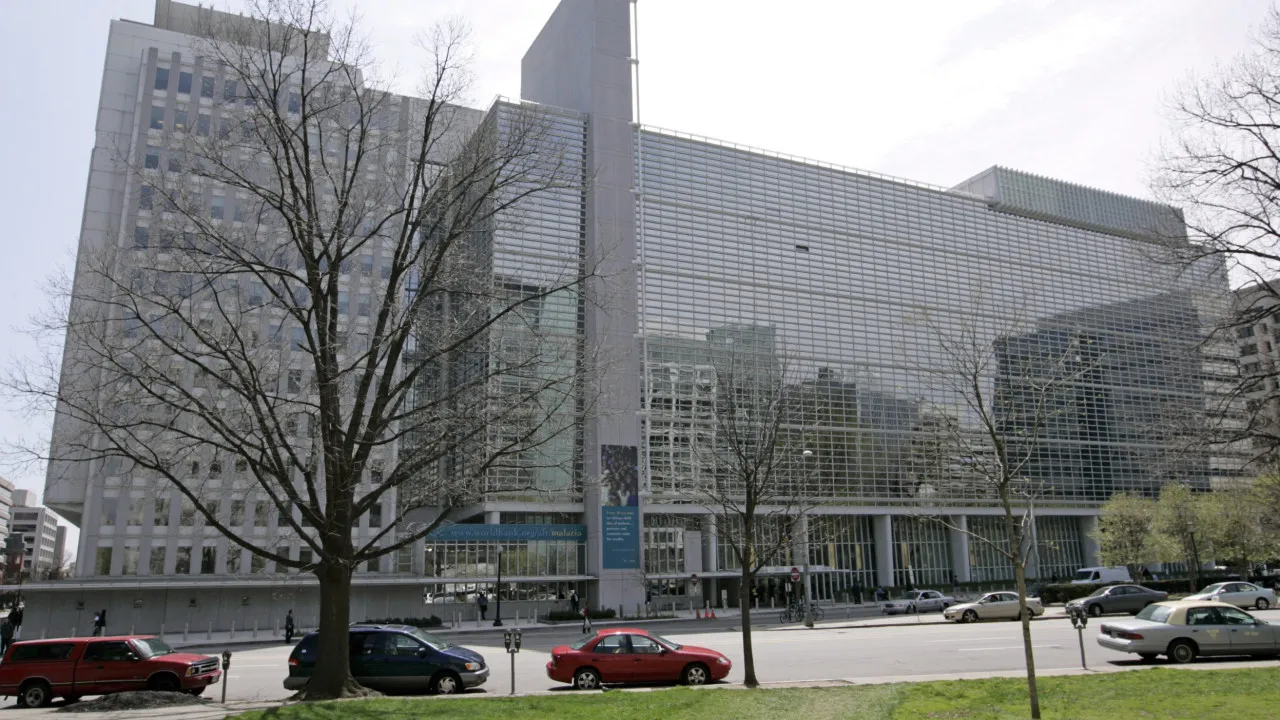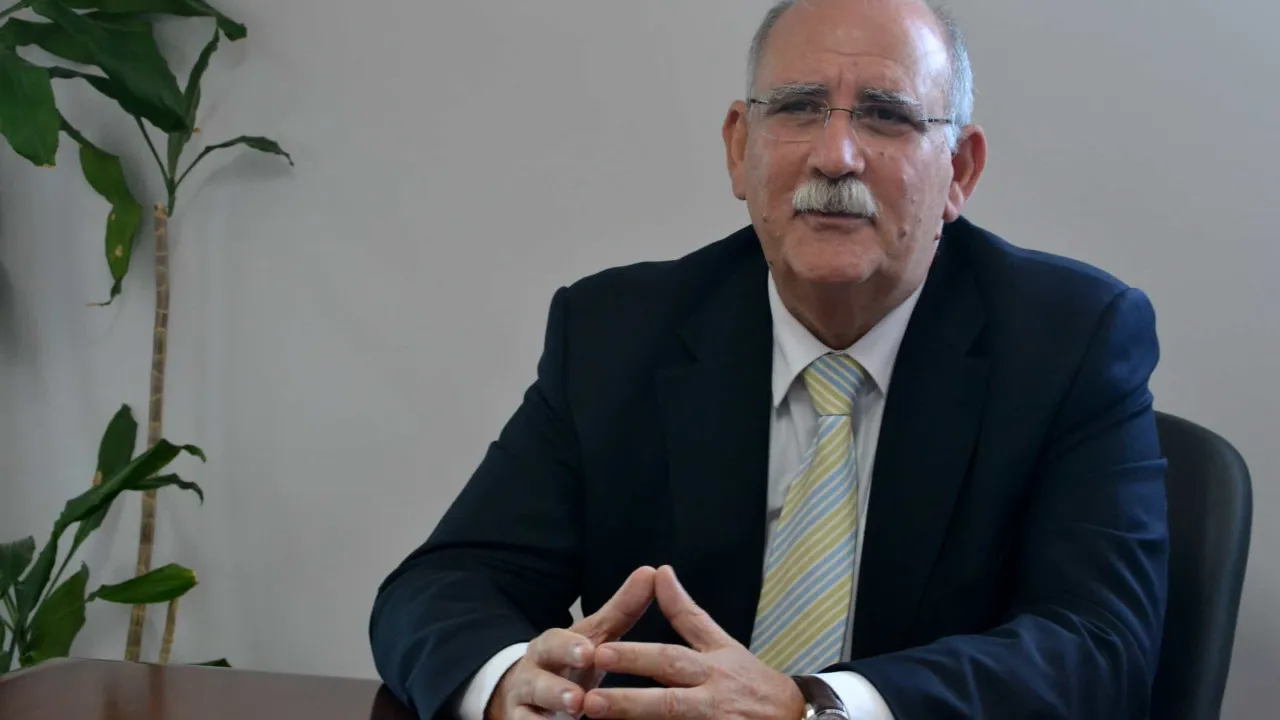
In a study titled “Two for One: Policies to Achieve Fiscal and Environmental Sustainability,” the World Bank evaluated that with public debt nearing 80% of GDP, Brazil faces significant budgetary challenges to ensure economic stability and fairness for future generations.
To overcome these challenges, the organization recommended that “Brazil should aim for a revenue surplus over expenses (before interest payment) of about 3% of GDP, compared to a small deficit projected for 2024.”
“Given the high tax-to-GDP ratio and the elevated tax rates on consumption and labor, most of the adjustment should come from the expenditure side,” it added.
The study acknowledged recent advancements made in the Portuguese-speaking South American country but also warned about the growth of mandatory expenses and the loss of space for public investments by local governments.
The publication suggested reforms to support central and regional governments in reducing financial burdens, as well as freeing up resources for environmental protection policies.
According to the analysis, an administrative reform focusing on public salaries, careers, and human resource policies could offer opportunities for fiscal savings.
The World Bank also advocated for Brazil to unlink retirement pensions from the minimum wage and alter the calculation of benefits paid to the military.
Moreover, the document suggested broadening the base of personal income tax by eliminating exemptions and reducing deductions—benefiting predominantly the wealthy—aligning Brazil’s tax system with international practices.
Among the proposals raised was also a taxation on fossil fuels and support for low-carbon technologies such as renewable energy and green hydrogen.
In the agricultural sector, the World Bank recommended that reducing subsidies and non-targeted tax expenditures could provide additional savings of up to 0.5% of GDP, promoting more sustainable practices.
The report emphasized the importance of widening Brazil’s tax base while simultaneously promoting taxes that encourage low-carbon activities.




